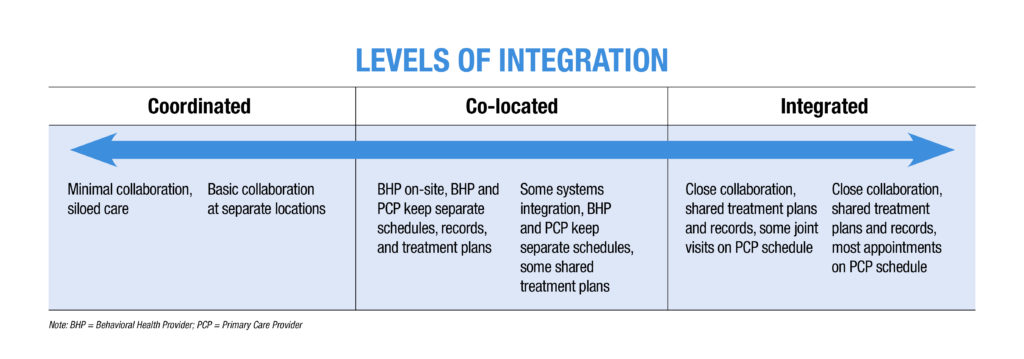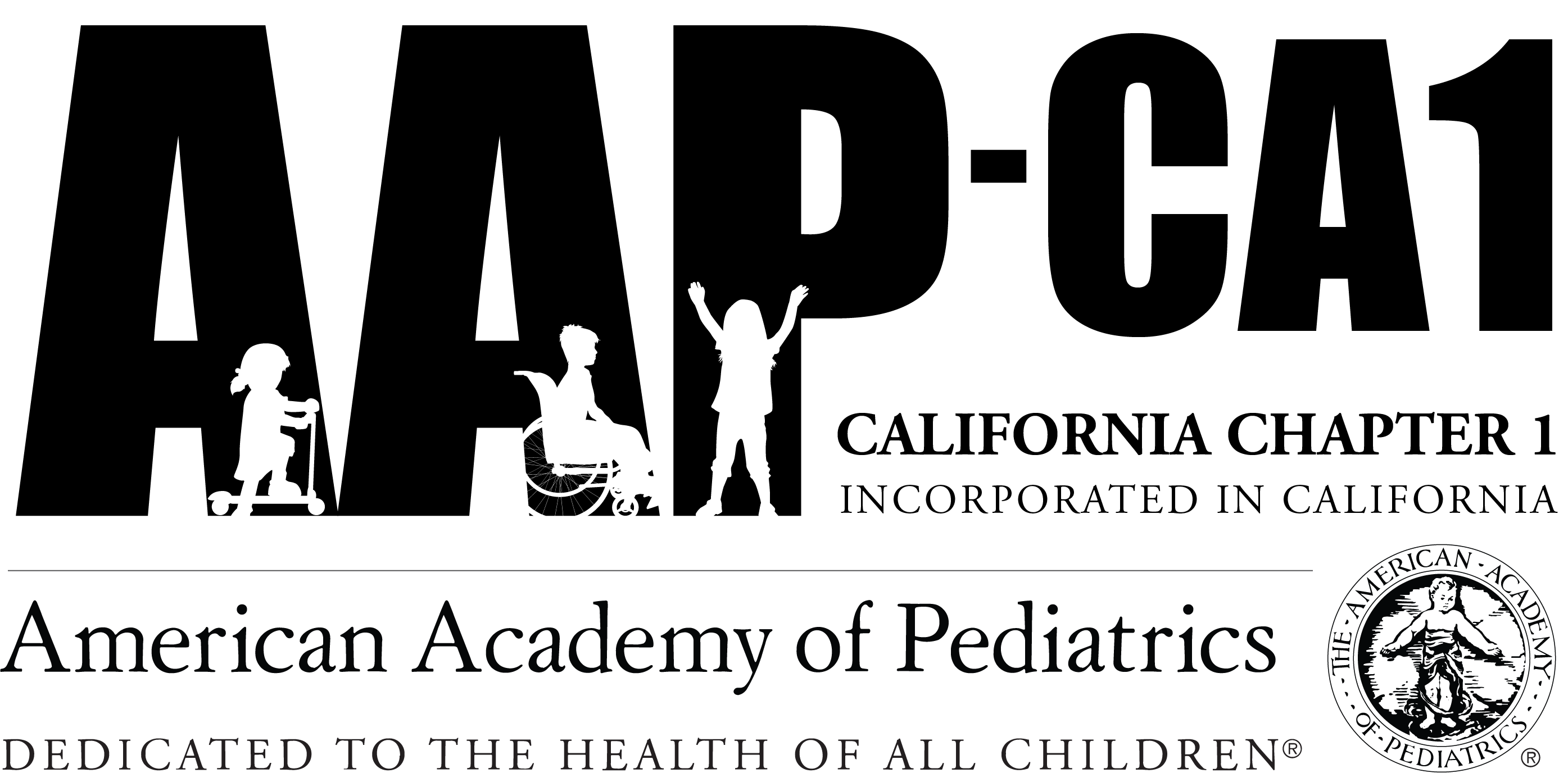Whether you’re looking for a book, webinar, or mini-fellowship, the first section on this page walks you through the range of general educational tools to help you build your skills on mental health care for your patients and families.
This section includes:
- General Tools on Improving Your Mental Health Skills
- Identifying Pediatric Mental Health Concerns in your Practice
- Course, Trainings, and Fellowships
- Mental Health Integrated Care and Telepsychiatry
General Tools on Improving Your Mental Health Skills
-
AAP Mental Health Initiatives Primary Care Tools
- This is the potentially most useful AAP site that contains all of the tools created by the AAP Task Force on Mental Health; if you go through each of the bulleted list, you can find information that can be helpful to you and your practice.
-
AAP Mental Health Initiatives – Implementing Mental Health Priorities in Practice
- This website includes videos that can be helpful for the primary care practitioner in terms of learning new approaches and also different ways to address common mental health and behavioral problems.
-
Mental Health Competencies for Pediatric Practice
- 2019 article by Jane Foy and AAP COPACFH which describe brief interventions and other skills helpful for pediatricians to use regularly. It stresses the “common factors approach” and re-introduces the HELP mnemonic. It has something for the practitioners and also something for the practice.
-
Pediatric Mental Health Minute Series
- Quick, yet in-depth videos on core pediatric mental health concerns aim to improve your knowledge and skills and support you in caring for children and youth with mental health disorders. Topics include Antidepressants, Suicide, Adolescent Depression, Trauma Informed Care and Anxiety.
-
Additional books of interest
-
Mental Health Care of Children and Adolescents: A Guide for Primary Care Clinicians. By Foy, Jane M ed., American Academy of Pediatrics. 2018
- This book was produced through the efforts of many contributors, many of whom served on the AAP Mental Health Leadership Workgroup. It outlines topics such as “The Pediatric Advantage”, “Enhancing Pediatric Mental Health Care” and gives a lot of algorithms and practical ideas on how to address pediatric mental health and behavioral health issues in the primary care office.
-
Promoting Mental health in Children and Adolescents: Primary Care Practice and Advocacy. By Foy, Jane M ed., American Academy of Pediatrics. 2019.
- This book aims to help pediatric primary care clinicians to integrate anticipatory guidance on healthy social-emotional development into their practice, identify emerging symptoms of mental health disorders and apply brief evidence-based interventions to the care of children with mental health risks and problems.
-
Identifying Pediatric Mental Health Concerns in your Practice

Pediatricians and primary care providers have long recognized that most mental health issues begin in childhood. Pediatricians have a unique role in identifying children and assisting families early in the evolution of mental health concerns. The symptoms presenting in the office setting are often within the context of a new “problem” or ongoing behavioral concern. The pediatrician’s role is to work with the family to identify whether or not the targeted behavior is a normal variant for age and whether it seems to be impacting the child’s or family’s daily life and/or developmental progress.
For information on identifying and managing specific mental health disorders:
-
The Presentation of Mental Health disorders in the Pediatric Office
- This is a description of the most common pediatric concerns seen in your practice and their presentations.
-
Using your present office screens and skills to identify concerns
- Many of the screens that you are presently using in your practice can facilitate identifying pediatric mental health disorders. Additional screens are available on-line through the AAP Screening Technical Assistance & Resource Center (STAR Center).
- Surveillance, Screening and Psychosocial Assessment for Behavioral Health Concerns
- For more information on Surveillance and Screening particularly for psychosocial/behavioral assessments, developmental delay, and maternal depression.
-
Anxiety
-
Depression and Suicide
-
Behavioral Concerns such as Problems with Attention, Emotional Dysregulation and Aggression
Courses, Trainings and Fellowships

-
AAP ECHO Trauma and Resilience Course
- This is an interactive, case-based, online two-level curriculum program for health care professionals to learn about and improve the identification, care, management and outcomes of traumatized children and their families in pediatric settings. CME and MOU credits are available for participation.
-
REACH Institute
- The REACH Institute offers a “mini-fellowship”; in pediatric psychiatry for general pediatricians called “Patient Centered Mental Health in Pediatric Primary Care.” Participants participate in a a 3-day long intensive training in diagnosing and treating pediatric depression, anxiety, and ADHD, with some training on psychosis, oppositional and conduct disorders, and bipolar disorder. This is followed by a six-month, case-based distance learning program. More information on this training can be found at this website:
-
UC Irvine/UC Davis Train New Trainers Primary Care Psychiatry Fellowship
- Interprofessional year-long clinical education certificate program. Primarily focused on adult mental health issues; Longitudinal, one-year learning module.
Mental Health Integrated Care and Telepsychiatry
Effective management of mental health conditions in primary care often involves changing your practice organization in order to offer patients effective prevention, management and referrals. Many of our Chapter members have incorporated integrated care or collaborative care into their practices in order to make their offices and systems of care more aligned with the needs and expectation of patients and families.
Steps to Accomplishing Mental Health Integration

-
Integrating Mental Health and Pediatric Primary Care
- The Center of Excellence for Integrated Health Solutions has a number of excellent videos on Assessing Organization Readiness, Building the Business Case and Workforce Development in building an integrated behavioral health system into your practice.
-
Practice Readiness Inventory
- The purpose of this tool is to help primary care clinicians assess the extent to which their office systems promote and support mental health practice. Use this link to create action items within your practice to improve your mental health readiness.
-
American Psychiatric Association Materials for Integrated Care
- The American Psychiatric Association (APA) has some nice resources on integrated care that is arranged in a user-friendly way. You can explore the articles and videos in the “learn” and “get trained” sections of the American Psychiatric Association (APA) site below.
- Particularly of interest is the section on “Getting Paid in the Collaborative Care Model,” which address a general medical audience.
-
The Family Experience with Primary Care Physicians and Staff from NAMI.org
- A helpful “how to guide” for practices to make themselves more aligned with the needs and expectations of patients and families.
-
What is Telepsychiatry?
- New telepsychiatry guidelines allow you to align your practice with mental health professionals or use telepsychiatry methods in your contacts with patients. This is a helpful description of telepsychiatry and its uses.
-
Telepsychiatry in the COVID Era
- Information from the American Psychiatry Association on new guidelines for use of telepsychiatry. There is also a very useful interview with Peter Yellowlees, MD regarding techniques in use of telepsychiatry.
-
Best Practices in Delivering Virtual Counseling
- This PowerPoint presentation from materials developed by the Mental Health Services Oversight & Accountability Commission (MHSOAC) giveskeys to successful tele-mental health, including worksheets for families, handouts and interactive games.

Explore other sections:
or go back to Mental Health Issue Page
